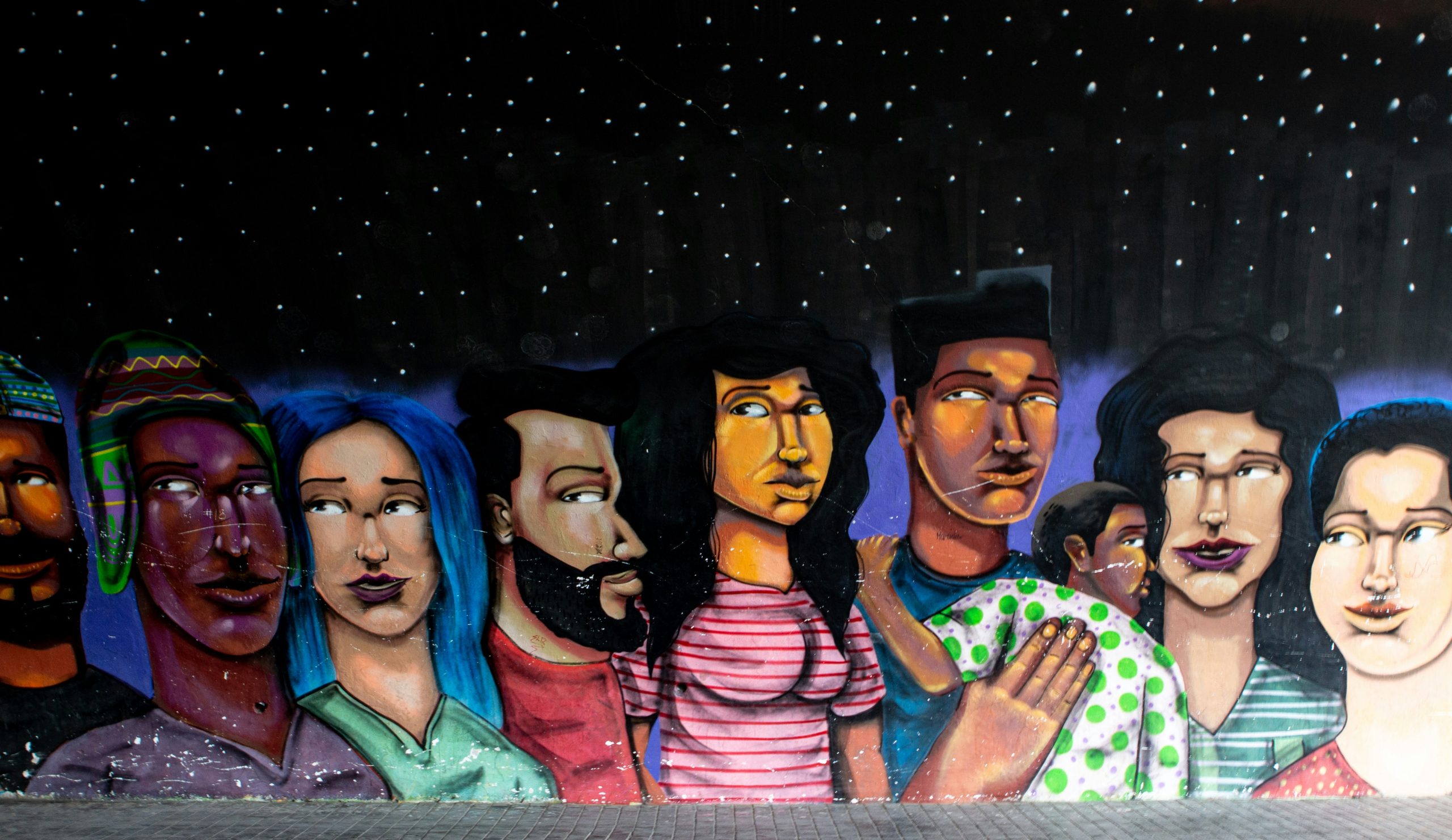Overcoming bias within organisations is important for two reasons:
The first is the importance of avoiding ‘false negatives’ when hiring; unconscious bias against candidates which feel ‘different’ means you miss out on opportunities to benefit from the unique skills and experiences of many really talented people.
The second reason involves integrity, ethics and social responsibility. It is selfish, even morally corrupt to make people–who are otherwise well equipped and willing to boost your success—feel uncomfortable just because they are different.
These reasons explain the ever-increasing effort and investment to reduce levels of bias within today’s organisations. Attributional errors lead to poor judgement and decision making. This can seriously hinder organisational effectiveness.
Diversity:
Many credit the origin of modern diversity initiatives to the equal employment legislation introduced by the US Congress in 1943. Many scholars cite Executive Order 9981 (signed by US President, Harry S Truman to desegregate the armed forces) as the first diversity initiative in the workplace.
There is a large body of evidence which reliably informs us that diversity improves organisational performance. Diversity (especially amongst leadership teams) has been shown to boost an organisation’s level of profitability and its ability to outperform their peers. Research suggests that these outcomes result from a wide range of benefits. These benefits can be as straightforward as increased productivity to more strategic attributes, such as greater levels of creativity and better problem solving. However, despite the empirical support for diversity initiatives, attitudes towards these interventions remain ambivalent.
For example, in 2003, the US Supreme Court held that the University of Michigan Law School could consider race as a plus-factor when evaluating applicants holistically and maintained a prohibition on the use of quotas. While in the United Kingdom, hiring somebody because of a protected group status is illegal. Principal concerns regarding initiatives designed to force greater diversity upon organisations involve the frequent unintended consequences of such programmes. These can be as direct as the initiative backfiring completely; in these cases, levels of bias within the organisation can actually increase following the initiative. Moreover, initiatives which aim to boost levels of diversity by targeting specific demographics (gender, ethnicity, sexual orientation, etc.) may, paradoxically, result in further alienation, decreased engagement and lower levels of job satisfaction within targeted groups.
I believe that initiatives targeting protected groups within an organisation often fail to deliver desired outcomes because of they fail to consider the differences between levels of diversity. These initiatives operate as if the members of each protected group will respond in similar ways. By focusing on the surface levels of diversity (gender, race, age, etc.), they too frequently fail to acknowledge the deeper levels of diversity—which are important for everyone within the organisation.
Inclusion:
Nobody chooses to be the subject of bias. In addition, initiatives which operate on the assumption that members of a given group will share the deeper, more profound attributes of diversity (behavioural preference, assumptions, beliefs and values) are unpredictable and often problematic by nature. Therefore, it seems logical to redirect our focus.
The stark and sometimes lonely truth of the matter is that no one person is the same as another. We are all unique and solitary by nature, yet we crave connection with others, often met via our belonging to various groups. Belonging to a specific demographic may suggest an immersion in similar social cultures and perhaps a level of privilege (a pre-determined probability of encountering opportunity vs. adverse circumstance) over the course of our lives. But how much does this really tell us about specific individuals within any given group? I would argue, not much.
Individual differences involving personality, motivation, neurodiversity and neuroplasticity suggest that levels of privilege are likely to be experienced in different ways–even by members of the same demographic. Our interpretations of what these levels of privilege may mean are likewise variable. These variations in our innate drive to ‘find meaning’ lead to divergent consequences regarding our personal attitudes and journeys throughout our lives. Intersection effects (belonging to more than one demographic group) further confound attempts to generalise based on surface level attributes.
I believe that the evolution of our societies and moral perspectives has outpaced changes in our tribal nature and associated mental models. The comfort and safety which many seem to find in ‘belonging’ to a given group may be a vestige from our hunter/gatherer past. Our evolutionary ancestors needed to outcompete other tribes for scarce resources. This reality made our ability to collaborate with our ‘in-group’ essential for survival. However, the risks of maintaining this in-group/out-group mentality are made abundantly clear, each day, across any area of the news.
There is a great deal of untapped potential to be achieved by adapting our mental models. Once we acknowledge our unconscious drive to ‘belong’ to groups which share similar surface level attributes, we can begin to deconstruct this logical fallacy. We can recognise and accept our own idiosyncratic nature. We can stop wasting time and energy in unconscious efforts to outcompete other groups (that our subconscious has deemed ‘different’). Only then will we be able to tap into and celebrate the true potential of diversity.
Once we adopt this perspective, we see no reason to measure, report and analyse metrics which quantify levels of representation, status and equity across different groups. Instead, we can focus on developing leaders who expect everyone to be unique and act accordingly. For leaders to spot, nurture and leverage the unique contributions of each team member, they must achieve higher levels of ‘strategic self-awareness’. They must understand the deep diversity operating within themselves and how they may be helping and/or hindering a truly inclusive working environment. This will involve a level of self-awareness, sensitivity, humility, curiousity and intention.









